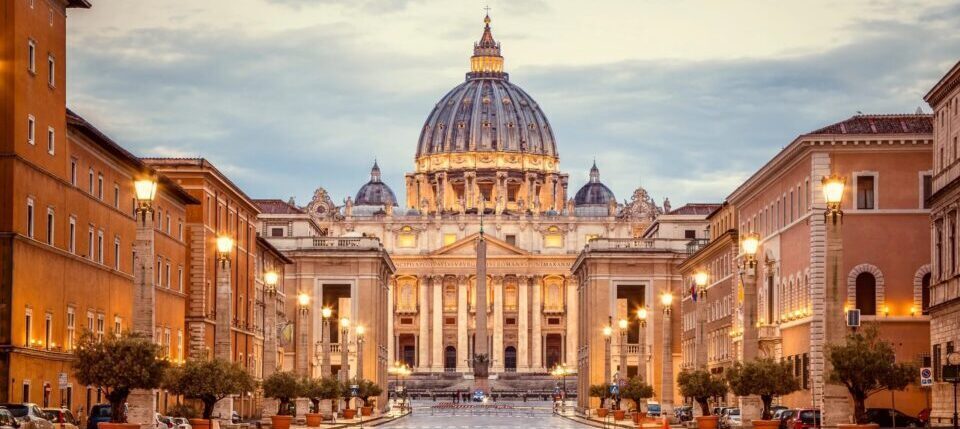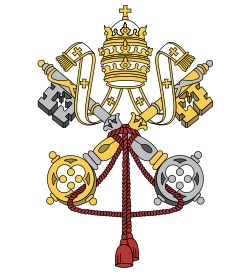Pope Leo XIV has called on business and industry leaders to ensure that economic activity serves as a tool for justice, inclusion, and human dignity.
In a message addressed to the 31st Industrial Conference of Argentina, held in Buenos Aires on 13 November 2025, he noted that when the economy and enterprise are oriented toward the common good, they “can and must be engines of the future, of inclusion, and of justice.”
The Pope recalled the enduring relevance of the Church’s social doctrine, based on Pope Leo XIII’s 1891 encyclical Rerum Novarum. That document, he said, “denounced the unjust conditions of many workers and affirmed that neither justice nor humanity tolerates an excessive workload that dulls the spirit and exhausts the body.”
He noted that the same encyclical upheld “the right to a just wage, to form associations, and to live with dignity,” principles that “remain strikingly current in today’s globalised world, where workers’ dignity is still too often violated.”
Economy as a means, not an end
Reiterating the Church’s vision that “the economy is not an end in itself,” Pope Leo XIV said it is rather “an essential but partial aspect of the social fabric, within which God’s plan of love for each human being unfolds.”
“The common good,” he stressed, “requires that production and profit not be pursued in isolation, but directed toward the integral promotion of every man and woman.” Echoing his predecessor Leo XIII, he affirmed that “when workers receive a just wage, they can not only support their families but also aspire to ownership, love the land worked by their own hands, and open themselves to higher aspirations for their lives and those of their loved ones.”
The Pope also cautioned that those with material abundance must “carefully avoid harming even in the slightest the livelihood of the less fortunate,” which, though modest, “must be regarded as sacred because it constitutes the indispensable support of their existence.” Success, he said, “must not be measured solely in economic terms, but also in its capacity to generate human development, social cohesion, and care for creation.”
A model in Enrique Shaw
Turning to Argentina’s own history, Pope Leo XIV pointed to Venerable Enrique Shaw, an Argentine businessman now on the path to sainthood, as “a luminous and close example” of how faith and enterprise can be harmoniously united.
Shaw, he said, “understood that industry was not merely a productive mechanism or a means of capital accumulation, but a true community of persons called to grow together.” His leadership, the Pope added, “was marked by transparency, attentiveness, and a commitment to ensure that every worker felt part of a shared project.”
“Enrique promoted just wages, fostered training programs, cared for workers’ health, and supported their families in concrete ways,” Leo XIV recalled. “He did not see profitability as an absolute, but as an important element to sustain a human, just, and supportive enterprise.”
Even when faced with persecution and illness, Shaw “accepted suffering as an act of love” and remained close to his workers. “His life shows that one can be both a businessman and a saint,” Pope Leo XIV said, “that economic efficiency and fidelity to the Gospel are not opposed, and that charity can penetrate even industrial and financial structures.”
Call for a human-centred Industry
Concluding his message, the Pope urged business leaders to let holiness “flourish precisely where decisions are made that affect the lives of thousands of families.”
“The world urgently needs entrepreneurs and leaders who, out of love for God and neighbour, work for an economy at the service of the common good,” he said. He expressed his hope that the Industrial Conference would renew commitment to “an innovative, competitive, and above all, human industry capable of sustaining the development of our peoples without leaving anyone behind.”


